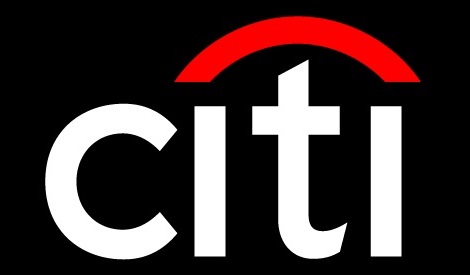Banking, finance, and taxes
Citi and Four Banks Rejected for Dividend and Buyback Hikes by Fed
Published:
Last Updated:
Citigroup Inc. (NYSE: C) is one of five banks which were not given approval for their proposed capital plans filed with the Federal Reserve. This means that the bank will still be limited on stock buybacks and on a dividend announcement.
Wednesday’s news was based upon the stress tests that were issued a week ago. The Federal Reserve is showing that Citi’s plan was rejected due to deficiencies in its capital planning practices. This includes Citi’s ability to project its revenues and losses and to adequately measure its financial exposure under very adverse conditions.
Citi and four other banks – Zions Bancorp (NASDAQ: ZION), Banco Santander (NYSE: SAN), HSBC Holdings PLC (NYSE: HSBC) for its North American operations, Royal Bank of Scotland PLC (NYSE: RBS) – will have to resubmit their plans with the Fed, and then they must get approval in writing from the Fed to increase buybacks and dividends. The foreign banks that failed will be restricted from paying higher dividends back to their parent companies.
Wednesday’s news is not to say that banks cannot pay dividends, but it does mean that they cannot increase them without written Federal Reserve approval. To show just how big of a disaster this is, Citi’s common stock dividend is a mere 0.1% – and even then it is a rounded up yield to get to that payout.
Bank stock investors are not going to be buying this in anticipation that any snapback dividend announcement is coming. Investors were expecting that the dividend would be forthcoming.
Citi’s plan was to boost its dividend to $0.05 per quarter from $0.01 per quarter, and to increase its $1.2 billion stock buyback plan to $6.4 billion through the first quarter of 2015.
Citigroup shares were down 0.3% at $50.16 as of the close on Wednesday, and the initial reaction took its stock down almost another 4% to $47.92 in the after-hours session. Citi’s 52-week range is $41.60 to $55.28, and the consensus analyst price target prior to the news was $59.90.
The thought of burdening your family with a financial disaster is most Americans’ nightmare. However, recent studies show that over 100 million Americans still don’t have proper life insurance in the event they pass away.
Life insurance can bring peace of mind – ensuring your loved ones are safeguarded against unforeseen expenses and debts. With premiums often lower than expected and a variety of plans tailored to different life stages and health conditions, securing a policy is more accessible than ever.
A quick, no-obligation quote can provide valuable insight into what’s available and what might best suit your family’s needs. Life insurance is a simple step you can take today to help secure peace of mind for your loved ones tomorrow.
Click here to learn how to get a quote in just a few minutes.
Thank you for reading! Have some feedback for us?
Contact the 24/7 Wall St. editorial team.